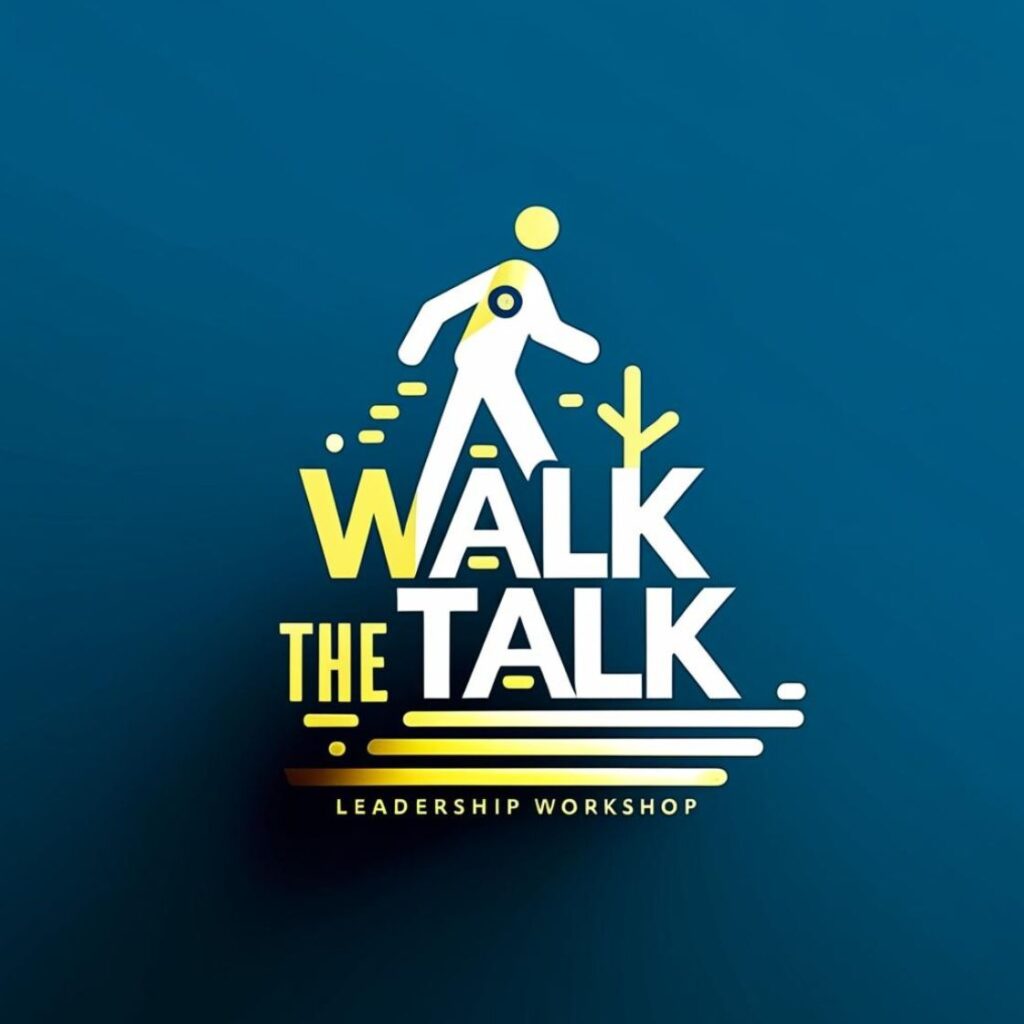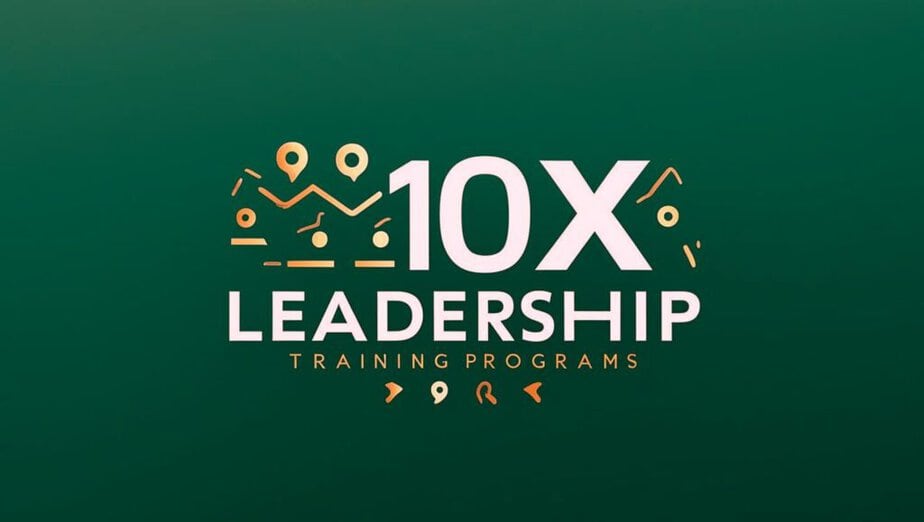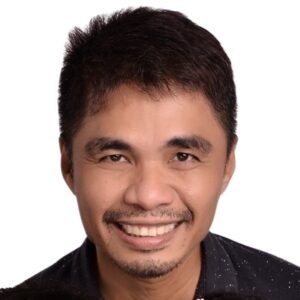Ever wonder why some people seem to always get ahead while others stay stuck?
It’s not about talent. It’s not about luck. It’s about personal development.
Personal Development = Playing Your A-Game
As a leadership consultant, I’ve seen it firsthand: the people who invest in their personal growth are the ones who get the promotions, land the leadership roles, and build the careers others envy.
Why?
Because personal development isn’t just a nice-to-have—it’s the backbone of playing your A-Game.
When you choose to grow, you’re signaling to the world—and to yourself—that you’re serious about reaching your potential. You’re saying, “I’m not here to coast. I’m here to level up.”
Why Most People Stay Stuck
Most people say they want to grow, but their actions don’t match their words.
They spend hours scrolling TikTok, binge-watching Netflix, or clicking through YouTube reels. Sure, there’s nothing wrong with a little downtime, but how many of those hours could’ve been used to develop a new skill?
The problem isn’t a lack of resources. It’s a lack of choice.
There are free courses, books, podcasts, and videos—an endless stream of content designed to help you grow. But you decide what to feed your mind. You choose the network you want to build. You choose where you spend your time.
Personal development is a conscious choice.
Great leadership isn’t an event—it’s a habit. Get actionable leadership habits every Monday and Thursday.
The People Who Choose Growth
Look around any successful organization, and you’ll notice something: the people entrusted with leadership roles are the ones who have taken ownership of their personal growth.
They’re the ones constantly learning, always seeking ways to improve themselves and their teams. They understand that leadership isn’t just about overseeing others—it’s about growing yourself first.
I’ve worked with professionals at every level, and I can tell you this: the fastest way to accelerate your growth is to consciously choose it. When you do, opportunities open up. People notice. And before long, you’re not just playing your A-Game—you’re leading the team.
You Get to Choose Your Growth
Want to level up? It’s in your hands.
It’s about what you do in the small, everyday moments. It’s about what you watch, what you read, who you spend time with, and how you spend your days.
- Do you binge another series, or do you pick up a book that challenges you?
- Do you spend your time around people who drain you or people who push you to be better?
- Do you consume content that numbs your mind or content that helps you grow?
Personal Development is Everywhere
The resources are everywhere. You just have to choose to use them.
There are courses, videos, and books—many of them free—that can transform your mindset, boost your confidence, and sharpen your skills. You don’t need to invest thousands of pesos. What you need is a commitment to your own development.

No One’s Going to Hand You Your A-Game
At the end of the day, your A-Game isn’t something someone hands you. It’s something you build, day by day, through personal development. It’s a process of becoming the best version of yourself, so when the big moments arrive, you’re ready.
I’m going to provide you with 30 actionable guides that will help you master personal development, one step at a time.
These aren’t vague theories—they’re practical steps to help you take control of your growth, sharpen your skills, and build your A-Game.
How to Design Your Day for Maximum Impact
Stop feeling overwhelmed by your day. The constant battle of managing time and juggling tasks is a common struggle. This article helps you take control, guiding you to design a day that works for you—not against you. With a few simple adjustments, you’ll learn how to structure your time to get more done, without the burnout. Ready to unlock your A-Game? Start by taking charge of your daily routine.
How to Turn Goals into Action Steps
Big dreams can feel unreachable when you’re stuck in the weeds. The frustration of knowing what you want but not knowing how to get there is real. This article breaks down the barrier, giving you a blueprint to turn those lofty goals into actionable steps that get results. You’ll discover how to move from intention to action, setting yourself up for success one small win at a time.
How to Find Your Most Productive Time of Day
Ever feel like you’re pushing through your day at the wrong time? You’re not alone—many people are unaware of their energy peaks. This guide helps you pinpoint your most productive hours so you can maximize your efficiency and hit your A-Game when it matters most. Stop working harder and start working smarter by aligning your tasks with your energy levels.
How to Eliminate Time-Wasting Habits
Struggling with endless distractions? Social media, pointless meetings, or even just mindlessly browsing the web—it all adds up. This article shows you how to identify and eliminate the habits that waste your time and drain your energy. Learn practical strategies to cut through the clutter and stay focused on what truly moves the needle.
How to Build a Routine That Sticks
Sick of starting new habits and quitting two weeks in? You’re not alone. Building a sustainable routine can feel impossible, but it’s not. This article helps you identify why routines fail and offers a step-by-step approach to creating ones that stick. By building consistency, you’ll develop the discipline to play your A-Game day after day.
Read also the Rhythm of Routines
How to Prioritize Like a Pro
Feeling buried under a mountain of to-dos? It’s easy to get lost in busywork, mistaking movement for progress. In this article, you’ll learn how to filter through your tasks and focus on the few things that truly matter. Prioritizing like a pro isn’t just about working harder—it’s about working on the right things. Play your A-Game by learning to manage your priorities effectively.
How to Boost Your Confidence for Life and Work
Do you ever feel like you’re not enough? Confidence is a key ingredient to success, but too many professionals struggle with self-doubt. This guide will show you how to silence that inner critic, build genuine self-confidence, and show up powerfully in every area of your life. Confidence isn’t just a feeling—it’s a skill you can learn to unleash your A-Game.
How to Overcome Procrastination and Get Stuff Done
Always pushing things off until the last minute? You’re not alone. Procrastination can cripple your productivity and kill your momentum. This article dives deep into the reasons behind procrastination and gives you the tools to beat it once and for all. Learn how to break the cycle and get things done—your A-Game depends on it.
How to Embrace a Growth Mindset
Do you feel stuck in the same patterns? Many professionals plateau because they believe their abilities are fixed. In this article, you’ll learn how to develop a growth mindset—the belief that you can always improve and evolve. Shifting your mindset is the key to unlocking new levels of performance and staying ahead of the curve.
How to Master Time Management
Is time slipping through your fingers? When you’re pulled in a thousand directions, it’s easy to feel like you’re constantly behind. This article gives you the exact tools and techniques you need to master time management. You’ll learn how to plan, prioritize, and protect your time so you can focus on what matters most and play your A-Game every day.
How to Set Boundaries Without Feeling Guilty
Do you say yes to everything, only to regret it later? Setting boundaries is tough, especially when you fear disappointing others. This guide teaches you how to set healthy boundaries that protect your time and energy, without the guilt. By learning to say no to the things that drain you, you’ll have more capacity to give your best where it truly counts.
How to Stay Focused in a World Full of Distractions
Ever feel like you’re spinning your wheels? In a world of constant notifications and distractions, staying focused feels like an uphill battle. This article provides practical strategies to cut through the noise and stay locked in on what really matters. By mastering focus, you’ll be able to bring your A-Game to every task, every time.
How to Bounce Back from Failure
Does failure knock you down for longer than it should? Failure is inevitable, but how you respond to it makes all the difference. This guide helps you reframe failure as a learning experience and shows you how to bounce back stronger. Building resilience is essential to consistently showing up with your A-Game, no matter the setbacks.
How to Develop Mental Toughness
Do you crumble under pressure? High performers aren’t just skilled—they’re tough. This article shows you how to develop the mental grit needed to push through challenges and maintain peak performance under stress. Mental toughness is your edge—learn how to sharpen it and stay in your A-Game even when the going gets tough.
How to Improve Your Emotional Intelligence
Ever feel out of control when emotions run high? Emotional intelligence is the unsung hero of success. This guide teaches you how to understand and manage your emotions, and how to use that knowledge to improve your relationships and decision-making. By mastering emotional intelligence, you’ll be better equipped to bring your best self to every situation.
How to Become a Lifelong Learner
Feeling like you’ve hit a learning plateau? The most successful professionals never stop learning. This article provides strategies to reignite your curiosity and become a lifelong learner. Staying sharp and adaptable is crucial for maintaining your A-Game over the long haul.
How to Turn Feedback into Fuel for Growth
Do you avoid feedback because it stings? Feedback can feel like criticism, but it’s also one of the most powerful tools for growth. This article teaches you how to welcome feedback and use it as fuel to improve. By embracing feedback, you’ll accelerate your progress and sharpen your A-Game.
How to Cultivate Self-Discipline
Struggling to stick to your plans? Self-discipline is the bridge between goals and achievement, but it’s easier said than done. This article walks you through proven strategies to build self-discipline, so you can push through challenges and stay on track. Discipline is what separates average from A-Game players—learn how to build it.
How to Make Better Decisions Faster
Paralyzed by indecision? Overthinking can kill momentum. This article helps you streamline your decision-making process, so you can make choices with confidence and speed. Playing your A-Game means being decisive—learn how to sharpen that skill and move forward with clarity.
How to Build a Network That Supports Your Growth
Do you feel like you’re going it alone? Success is a team sport, and the people you surround yourself with can make or break your growth. This article shows you how to build a powerful network of supporters, mentors, and peers who push you to your best. A strong network is your secret weapon to playing at the top of your game.
How to Create Long-Term Success with Short-Term Wins
Overwhelmed by long-term goals? Big achievements are built on small, consistent wins. This article teaches you how to create momentum by stacking small victories that lead to larger success. Master the art of the short-term win, and you’ll find yourself achieving long-term goals faster than you thought possible.
How to Develop a Morning Routine That Sets the Tone for Your Day
Does your morning set you up for success—or stress? Your morning routine can make or break your day. This guide helps you design a morning that primes you for productivity, energy, and focus, so you can hit your A-Game right from the start.
How to Balance Work and Life Without Burning Out
Feeling pulled in too many directions? Burnout is real, and balancing work and personal life is key to sustaining high performance. This article gives you practical strategies to create harmony between your work and your personal life, so you can excel in both without burning out.
How to Find Your Purpose and Align Your Actions
Struggling to find meaning in what you do? Purpose-driven action is the key to long-term fulfillment and success. This guide shows you how to discover your purpose and align your actions with what truly matters. Playing your A-Game becomes effortless when you know your “why.”
How to Manage Stress Like a High-Performer
Constantly feeling stressed out? Stress is unavoidable, but it doesn’t have to control you. This article provides high-performance strategies to manage stress while maintaining peak performance. By mastering stress, you’ll be able to keep playing your A-Game, even under pressure.
How to Develop Accountability to Achieve Your Goals
Do your goals slip through the cracks? Accountability is the secret sauce to hitting your targets. This article shows you how to set up accountability systems that keep you on track and ensure you deliver on your commitments, both to yourself and others.
How to Stay Motivated Over the Long Haul
Does your motivation fade over time? Motivation is easy to come by at the start, but sustaining it is where the real challenge lies. This guide offers proven methods to keep your drive alive, even when the going gets tough. Long-term motivation is a key component of playing your A-Game.
How to Stay Adaptable in a Rapidly Changing World
Struggling to keep up with change? The world moves fast, and adaptability is crucial to staying competitive. This article teaches you how to embrace change and thrive in uncertainty. Staying adaptable ensures you remain at the top of your game, no matter what life throws your way.
How to Take Consistent Action Toward Your Biggest Goals
Do you start strong, but lose steam quickly? Consistency is the key to success, and this article shows you how to keep taking action toward your goals, even when motivation dips. Playing your A-Game means showing up every day, and this guide helps you do just that.
How to Track Your Progress and Celebrate Wins
Feel like you’re spinning your wheels, not making progress? Tracking progress is essential to knowing whether you’re moving forward. This article teaches you how to measure your success and celebrate your wins, both big and small. By tracking progress, you’ll stay motivated and on the path to achieving your biggest goals.
Your Future is Waiting
So, here’s the question:
Are you ready to take control? To stop making excuses and start investing in yourself?
Because the truth is, no one can make this choice for you. Personal development is a conscious decision. It’s the key to realizing your biggest dreams. And when you choose it, you’re choosing to unlock a future that’s yours for the taking.





